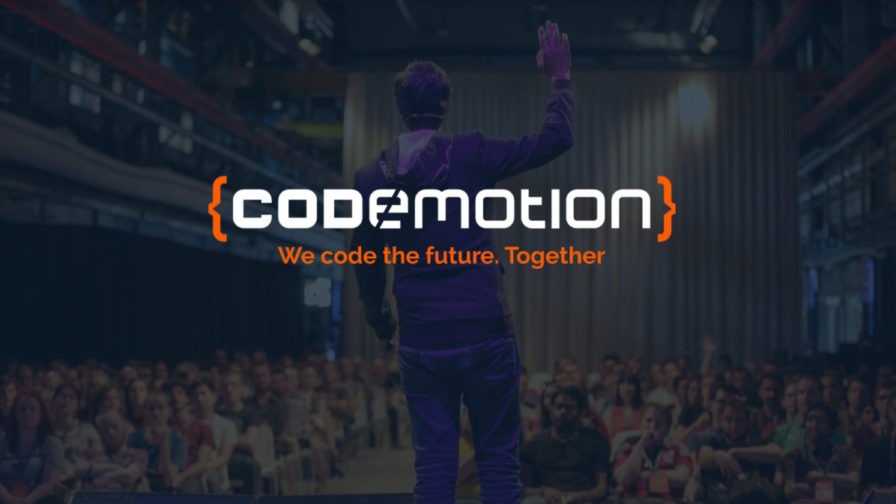
Dave Farley’s not a politician. But he is best-known as the author of the Reactive Manifesto, published in 2014. Dave is still answering questions about the book many years later, which shows it remains relevant in these constantly evolving times.
“The Reactive Manifesto been around for a surprising long time. Whether it’s state-of-the-art – I think it’s a state-of-the-art, I think that there are other flavours of software development that are probably viable. I’ve got a suspicion that the Reactive Manifesto might become increasingly valid over time. And I think to some extent we’re seeing an awful lot of people talking about events source systems CQRS patterns, these sorts of things that are all kind of within that style of computing.”
Now an independent software consultant, with a background as a software developer, Dave has become increasingly concerned with the term “engineer”.
“Like many things, we’ve tended to misuse the word engineer and when we talk about engineer we just mean somebody that’s a bit technical and I think it’s got a more precise definition than that. Engineering in other disciplines is something very specific, it means the application of scientific rational reasoning to solving practical problems within economic constraints. We should be looking for something like that to apply to software development.”
And it is this particular bugbear of Dave’s that he chose to focus on at the Codemotion conference.
“I think that there is something that should be software engineering, but we haven’t really been doing that very much. Previous attempts to define what software engineering meant in the past have failed. My talk at the conference today is going to be on that theme, to try and talk a little bit about some practices that might be true in 100 years’ time. People should think about what applying that scientific rational reasoning to software development would really mean.”
Another of Dave’s other professional interests these days is continuous delivery: putting the customer’s needs at the heart of an organisation, something he is passionate about achieving.
“My belief about continuous delivery is that its real importance is as a process and as a set of technologies that support a process approach. What it gives you is an experimental platform that allows you to more quickly evaluate whether you’re hitting customer need. And that’s the real business value. Data from the industry says that organisations practising continuous delivery make more money than organisations that don’t and we’ve never had anything like that. The reason for that is not because we build cool, funky tests or nice deployment pipelines. It’s because we get it out into the market faster and see how our ideas land with our customers. And I think that’s profoundly important.”



